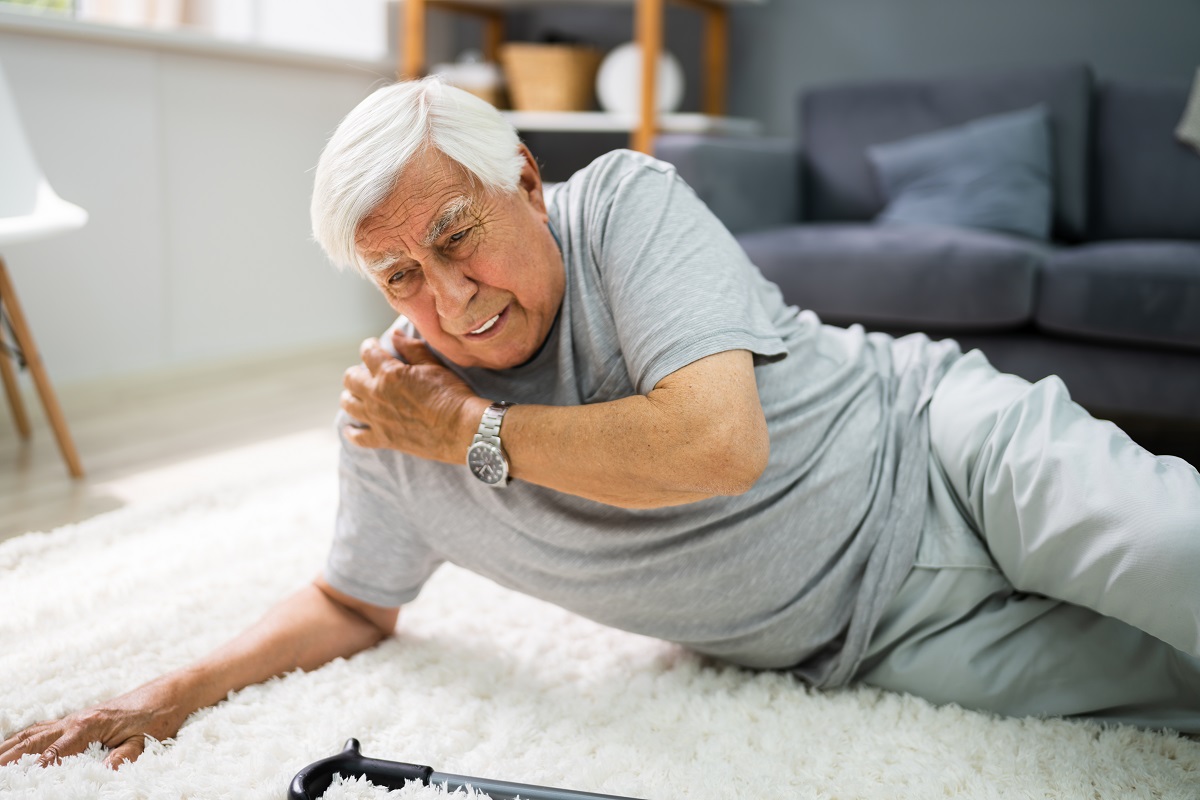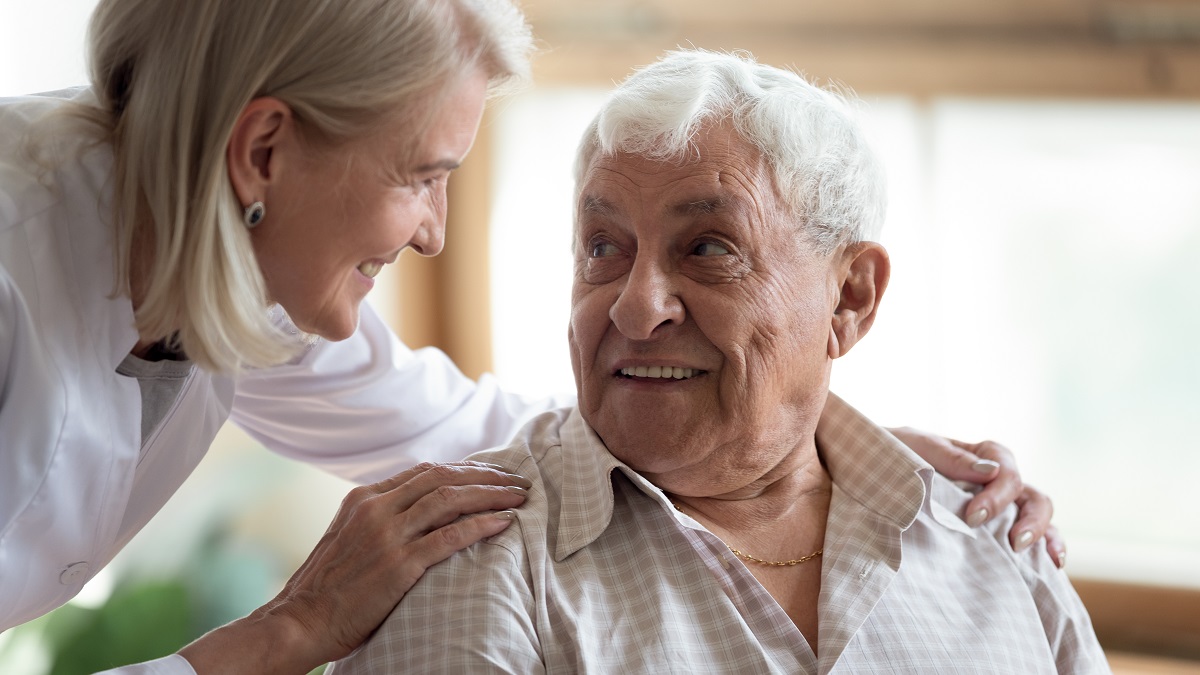Do you feel like you’re forgetting things that you usually remember very easily?
You are not alone. Anyone, at any age, can experience memory lapses.

The hippocampus is the section of the brain that’s responsible for creating and retrieving memories. It loses 5% of its nerve cells every ten years.
Understandably, seniors can feel very isolated when they start to forget important things in their life–whether it’s the reason you walked into the kitchen or your relatives’ birthdays.
Dr Ryan Harvey from House Call Doctor says, “It’s important to remember that your memory is like a muscle. You need to exercise it to make it stronger.”
There is evidence showing cognitive brain training can improve memory, attention and information processing speed.
And it’s very possible for seniors to improve memory function. Here are Dr Harvey’s 7 tips for improving your memory with brain training.
Test your information recall
“Try to list items, like groceries, favourite flowers or anything else you think of,” says Dr Harvey. An hour later, see how many things you can recall. Start with simple lists and progress to more complicated ones to strengthen your memory.
Download a memory app
“If you have access to a tablet, play a game on an app that’s specific to training your memory,” says Dr Harvey. There are many popular apps to download that are designed to assist with memory training.
Get a little musical
“Start learning a musical instrument, or go to singing lessons,” says Dr Harvey.
Take a cooking class
“Cooking classes are a great way to train your memory with recipes, and also learn new skills,” says Dr Harvey. Your brain’s memory will be stimulated through cooking by using all five senses of smell, touch, sight, taste and sound.
Start a jigsaw puzzle
Jigsaw puzzles are a fantastic way to sharpen your memory, but they also enhance your creativity, visual perception, and critical thinking. Choose one that’s complex enough to challenge you.
Create word pictures
Try to visualise the spelling of a word in your head. Then, try to think of any other words that begin or end with the same two letters. This will really put your memory to work!
4-details observation exercise
Memorise four details about every person you meet during the day.
Let’s say you catch up with your friend. You could make a list of what they’re wearing, like:
- They are wearing a blue scarf
- They are wearing a white long-sleeved top
- They are wearing grey pants
- They are wearing blue earrings
Try to recall these four details about your friend at the end of the day.
“The 4-details observation exercise is very beneficial for passive memory training,” says Dr Harvey.
Eat well, stay active and sleep
Your mind relies on the energy and power it gets from a good diet, consistent workouts and deep sleep.
“Look for food with omega-3 and antioxidants, as they give your brain the energy it needs to remember,” says Dr Harvey. Find out what foods have omega-3 and antioxidants in them.
“Exercise at your own level, whether that means cycling, walking or dancing,” says Dr Harvey. This will increase the amount of oxygen that goes to your brain, which reduces the risk of developing problems that cause memory loss, such as cardiovascular disease.
The Sleep Foundation recommends older adults need between seven and eight hours of sleep. Dr Harvey says, “Sleep lets our brain cement the new information we’re taking in for a better recall later on.”
Missing even a few hours can significantly affect your memory, creativity, problem solving abilities and critical thinking.
Learn more about House Call Doctor at their website or call 13 55 66






